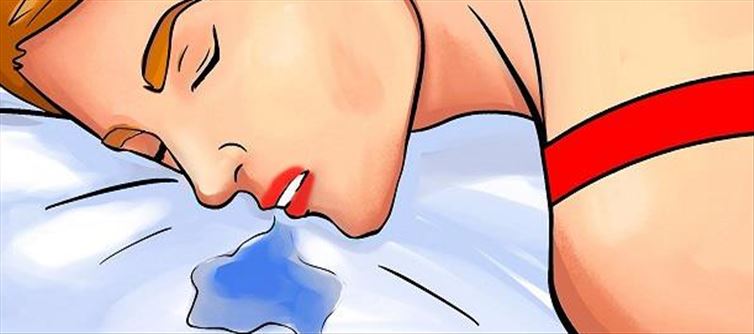
While drooling sometimes while you sleep is natural, frequent drooling may indicate neurological conditions including Parkinson's disease and cerebral palsy. The Cleveland Clinic lists several physical and mental health issues, such as trouble swallowing, muscular dysfunction, or excessive salivation, as causes of drooling while you sleep. Diet and sleeping posture may also be factors in this issue.
Here are five serious causes of drooling during sleep:
1. Brain Disorders:
Neurological conditions that affect the brain can lead to drooling. In such cases, muscle control weakens, causing saliva to leak out of the mouth. These conditions include:
Stroke (when blood circulation in the brain is stopped)
Cerebral Palsy
Parkinson's Disease
ALS (which weakens muscle strength)
Multiple Sclerosis (MS)
Down Syndrome
Autism
2. Infection:
Drooling is another symptom of certain illnesses. For instance, tonsillitis, sinus infections, or throat infections may cause this issue. Drooling may also be a symptom of peritonsillar abscess, a disease in which tonsillitis spreads to the chest and throat.
3. Allergies:
Drooling may result from an increase in saliva production caused by an allergy. In reaction to allergens, the body increases saliva production to eliminate the toxic compounds.
4. Acidity:
Drooling can also be brought on by acidity or acid reflux. The overproduction of acid in the stomach irritates the stomach lining, which in turn causes the salivary glands to generate more saliva.
5. Gastroesophageal Reflux Disease (GERD):
GERD is a condition where stomach acid flows back into the esophagus, damaging the lining and causing a sensation of something stuck in the throat. This can lead to difficulty swallowing and increased drooling.




 click and follow Indiaherald WhatsApp channel
click and follow Indiaherald WhatsApp channel